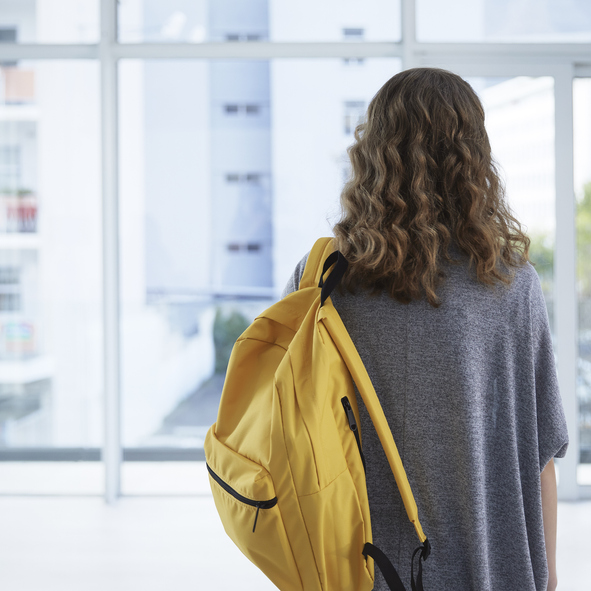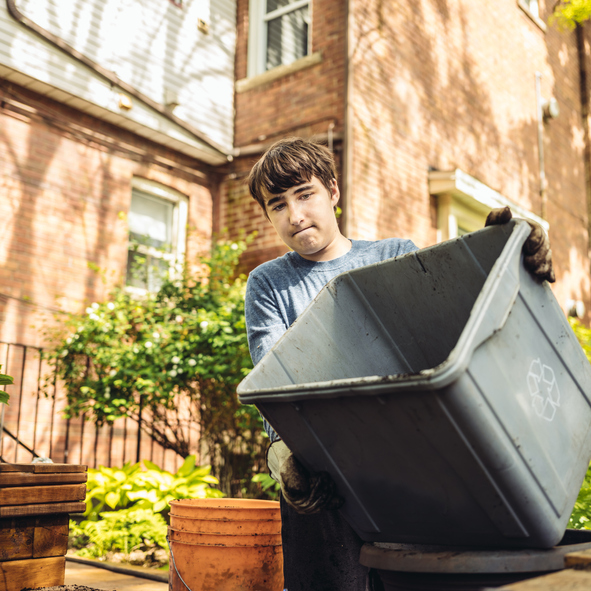
Bailey had always been an introverted child, cautious and slow-to-speak, with only a few friends. When the COVID-19 lockdown hit, those two or three tenuous friendships were strained to the point of breaking. For a kid who had a hard time cultivating relationships, forced isolation from peers brought those connections to a screeching halt. And loneliness settled in like an endless, unrelenting fog. To top it off, the months of online education during freshman year of high school were barely effective, and Bailey was looking at weeks of academic catch-up to get back on track for sophomore year.
Despite sunshiney days, the last weeks of August seemed dark and hopeless. It was time for school to start up again, yet Bailey’s mom could hardly drag Bailey out of bed before noon, and the usually even-keel 15-year old teen moped around the house with zero motivation for online coursework. While other teens their age gathered in the afternoons to hike or meet at the park, Bailey stayed home, entrenched in habits of isolation. No amount of nagging and pleading seemed to make a difference.

Sadly, Bailey is far from the norm. Particularly for teens who already felt lonely, the COVID-19 pandemic ushered in a mental health crisis. New research published in The Journal of Affective Disorders explored this issue among 894 adolescents in the UK. Loneliness in the teens was associated with increased mental health problems, and research revealed that increased texting activity did not ameliorate these difficulties. A similar article published in Psychiatry Research confirmed the current rise in adolescent depressive symptoms, with a link to poor sleep quality. In fact, Cambridge University Press published research in Psychological Medicine to assess the global impact of COVID-19 pandemic measures on depression and anxiety. After reviewing 60 studies that included more than 226,000 participants, the authors concluded, “Mental health concerns should not be viewed only as a delayed consequence of the COVID-19 pandemic, but also as a concurrent epidemic.“
However, there is a silver lining in the COVID cloud: addressing sleep problems, isolation and loneliness with face-to-face interactions can reduce mental health problems and help students emerge stronger than ever. According to the researchers:

For Bailey and other kids like them, addressing mental health concerns must trump academic catch-up for this new school year. Parents and siblings can help teens mitigate loneliness by drawing them into group activities out-of-doors and out of the home. Weekend adventures, work projects, and “mission” programs such as bringing food to the homeless can help cultivate feelings of connection and belonging. While these young people may never bubble over with extroverted enthusiasm, helping them keep loneliness at bay could make all the difference between mental health problems and mental health.
To learn more about how COVID-19 has impacted kids and teens mental health, and what you can do about it, check out the Brainy Moms Podcast interview with Dr. Roseann Capana-Hodge:
https://brainymoms.co/2021/07/27/covids-impact-on-childrens-mental-health-how-we-can-help-with-guest-dr-roseann-capanna-hodge/
By Terissa Michele Miller, MS Psy
Check out the original research:
https://www.sciencedirect.com/science/article/abs/pii/S0165032721003402?via%3Dihub
https://www.sciencedirect.com/science/article/abs/pii/S0165178121001165?via%3Dihub
This article was originally published in Modern Brain Journal.
About the author:
Teri Miller is a mom of nine and child development researcher with a Masters of Science in Psychology. She is a Research Associate at Gibson Institute of Cognitive Research, co-host of the podcast Brainy Moms, and the Managing Editor at Modern Brain Journal.
